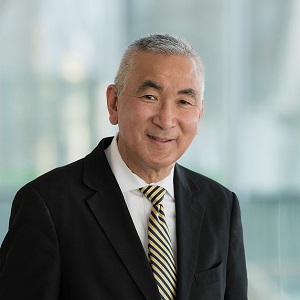
Dean’s Message on Earth Day
Today marks the 50th anniversary of Earth Day. Its arrival during COVID-19 brings many thoughts to mind for me.
What progress have we made since 1970 to sustain our environment? Is this a signal to us that slowing economic activity, however painful, allows us to reset even a little?
In the first question, science has made leaps and bounds since 1970. We are able to measure with ever-more accuracy the impact of human activity on our planet and its inhabitants: satellite images have shown shifting coastlines over decades, software can measure and calculate atmospheric gases rising from farms and natural ecosystems – these are just some of the advancements available to us as a university.
While the science has moved forward, we also need to consider the social element of change. As a society, we need to weigh progress and/or economic benefit with potential downsides of activity that can bring harm to the environment.
Which brings me to the second question. There are signs that nature has been on the rebound, so to speak, during COVID-19 as business has grinded to a halt, and as car traffic and air travel have been drastically reduced.
One striking example is that within two weeks of the lockdown in India, the Himalayan mountain range came into view for those living in Jalandhar, northern India, which is about 200 kilometers away. According to the Times of India, typically only after a rainfall could the Himalayan mountains be seen from Jalandhar, and often only the peaks.
We cannot make wide assumptions, but if we are looking for any silver lining during COVID-19, this is at least one.
Here in LFS, there will be interesting discussions when we return to our research labs and when classes are in back in session, post-COVID-19. We are always seeking to understand the linkages between human activity and the impact on Earth and its resources.
During this unique time, I want to wish everyone a happy Earth Day. Let’s all pause and think about what inspires us to care for our planet.
Please take care and stay safe.
Rickey Yada
Professor and Dean